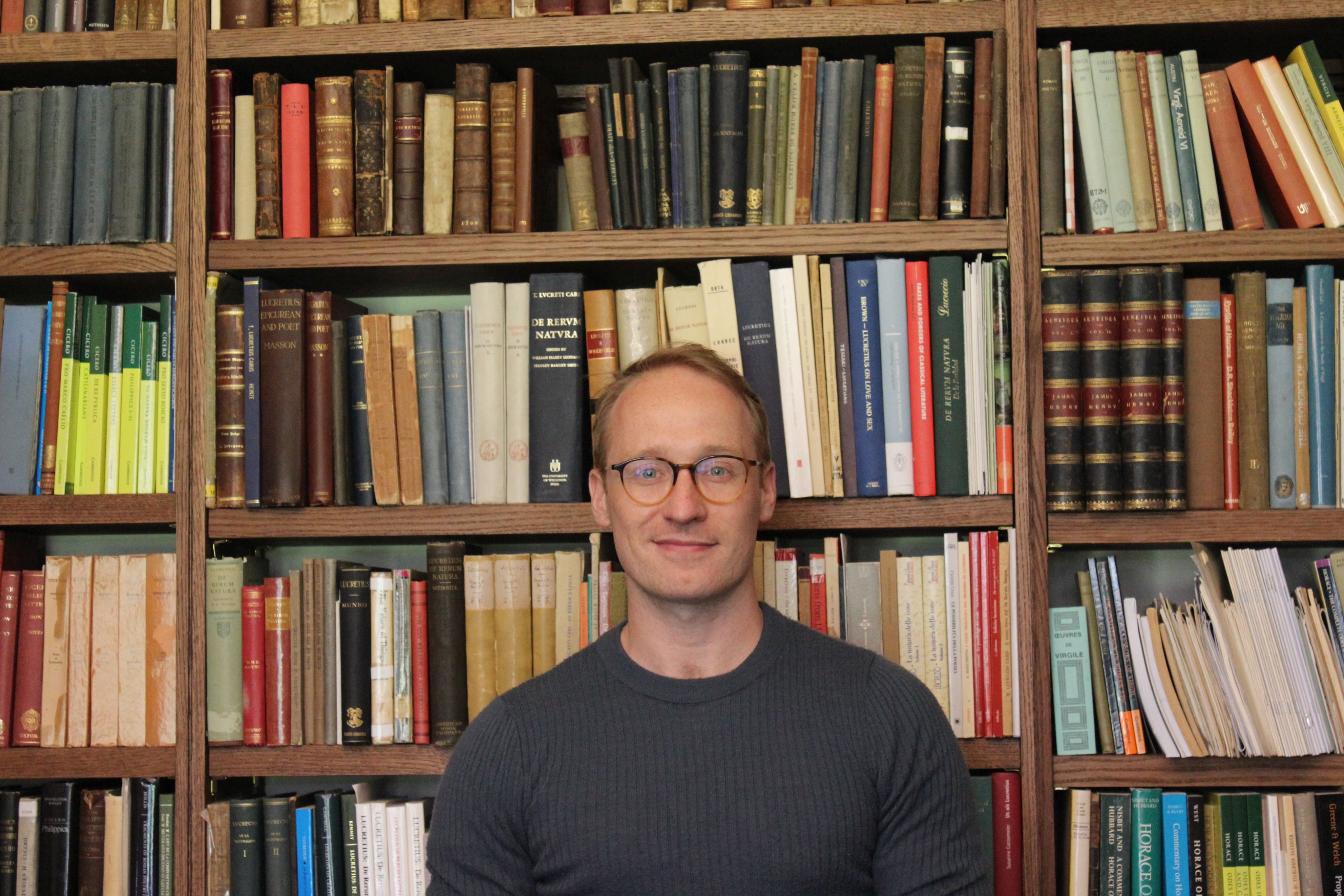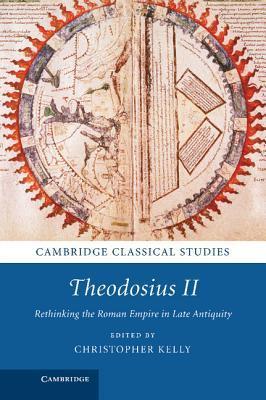
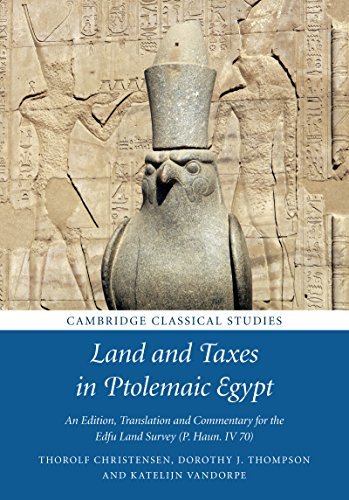
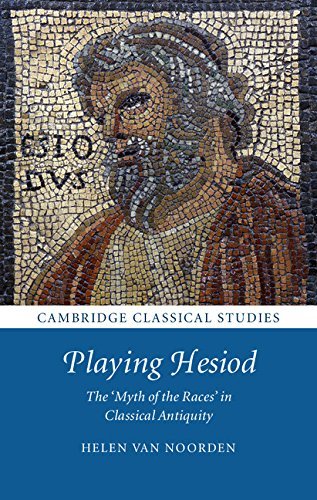
Books in series

Theodosius II
Rethinking the Roman Empire in Late Antiquity
2013

Land and Taxes in Ptolemaic Egypt
An Edition, Translation and Commentary for the Edfu Land Survey (P. Haun. IV 70)
2017

Playing Hesiod
The 'Myth of the Races' in Classical Antiquity
2014
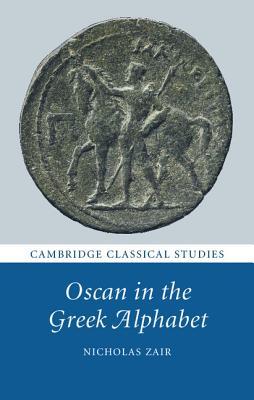
Oscan in the Greek Alphabet
2015
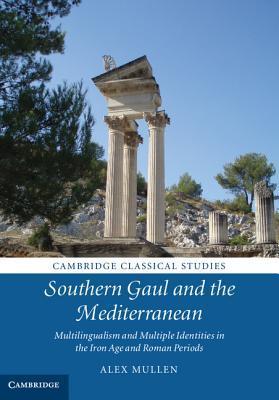
Southern Gaul and the Mediterranean
Multilingualism and Multiple Identities in the Iron Age and Roman Periods
2013
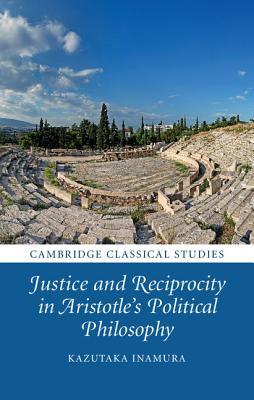
Justice and Reciprocity in Aristotle's Political Philosophy
2015
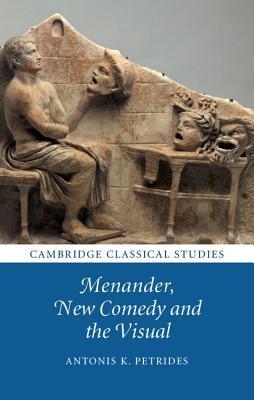
Menander, New Comedy and the Visual
2014
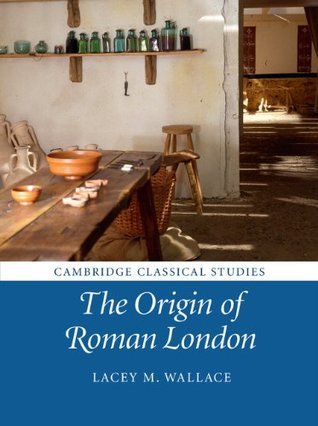
The Origin of Roman London
2014
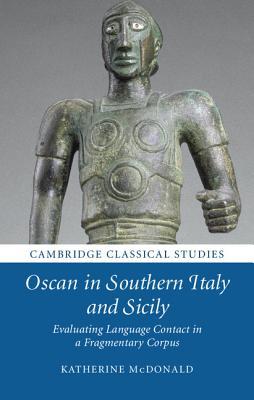
Oscan in Southern Italy and Sicily
Evaluating Language Contact in a Fragmentary Corpus
2015
Cambridge Classical Studies Unknown
2025
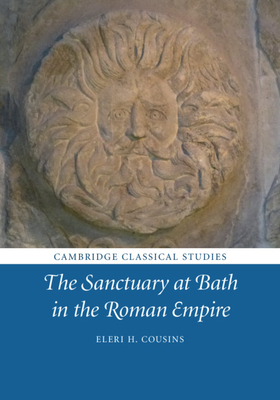
The Sanctuary at Bath in the Roman Empire
2020
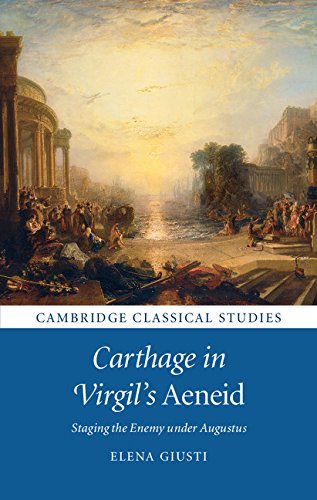
Carthage in Virgil's Aeneid
Staging the Enemy under Augustus
2018
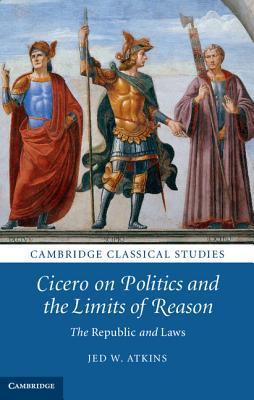
Cicero on Politics and the Limits of Reason
The Republic and Laws
2013
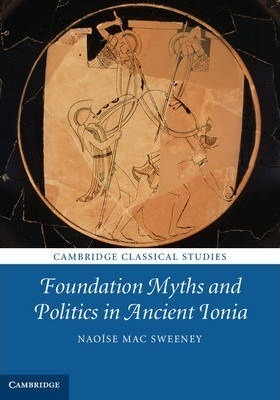
Foundation Myths and Politics in Ancient Ionia
2013
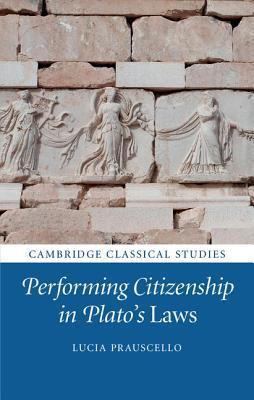
Performing Citizenship in Plato's Laws
2014
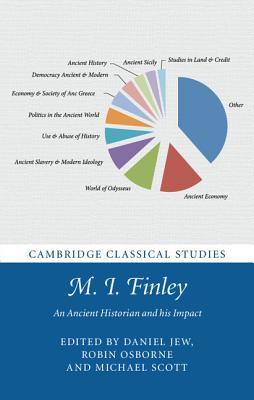
M. I. Finley
An Ancient Historian and his Impact
2016
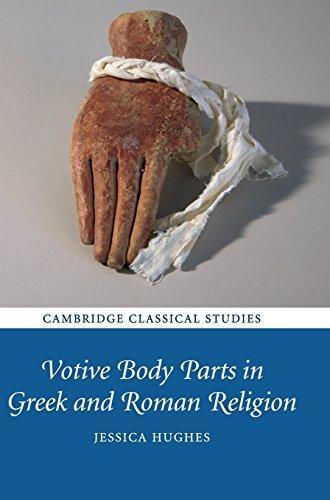
Votive Body Parts in Greek and Roman Religion
2017
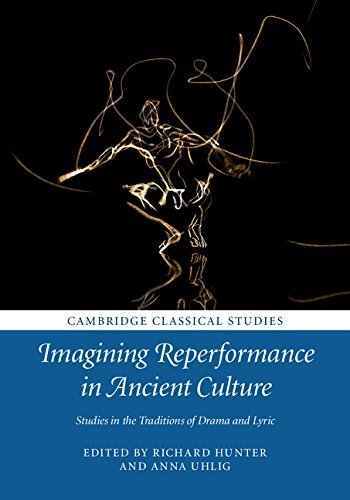
Imagining Reperformance in Ancient Culture
Studies in the Traditions of Drama and Lyric
2017
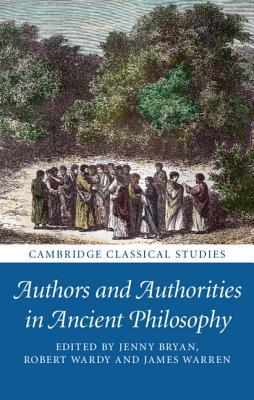
Authors and Authorities in Ancient Philosophy
2018
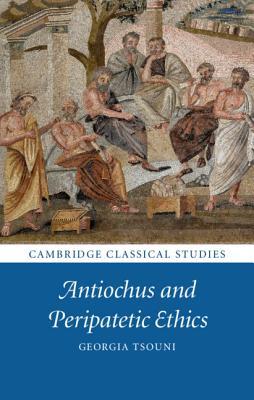
Antiochus and Peripatetic Ethics
2019
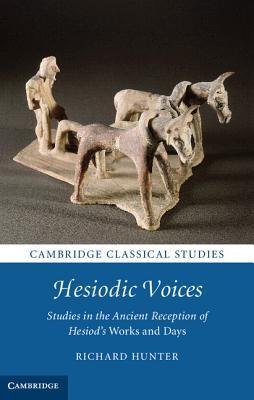
Hesiodic Voices
Studies in the Ancient Reception of Hesiod's Works and Days
2013
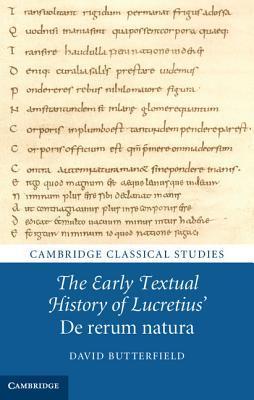
The Early Textual History of Lucretius' De rerum natura
2013
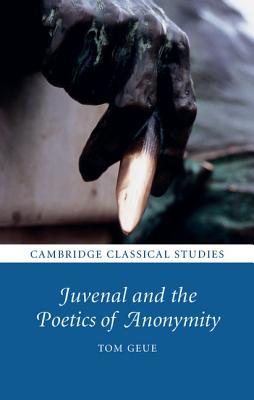
Juvenal and the Poetics of Anonymity
2017
Sociological Studies in Roman History
2017
Heracles and Euripidean Tragedy
2005
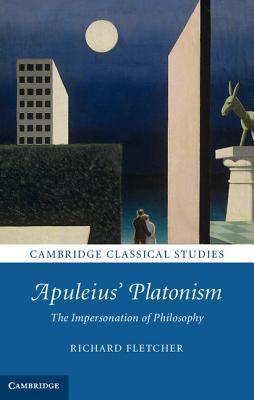
Apuleius' Platonism
The Impersonation of Philosophy
2014
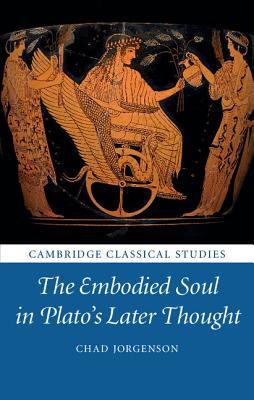
The Embodied Soul in Plato's Later Thought
2018
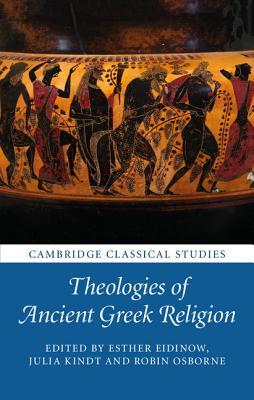
Theologies of Ancient Greek Religion
2016
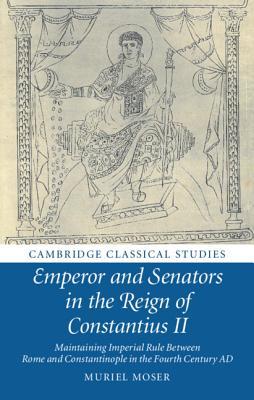
Emperor and Senators in the Reign of Constantius II
Maintaining Imperial Rule Between Rome and Constantinople in the Fourth Century AD
2018
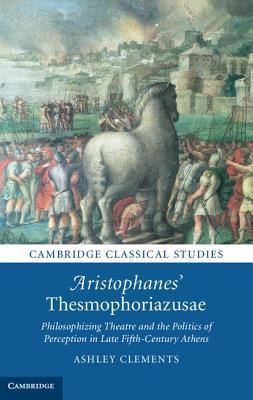
Aristophanes' Thesmophoriazusae
Philosophizing Theatre and the Politics of Perception in Late Fifth-Century Athens
2014
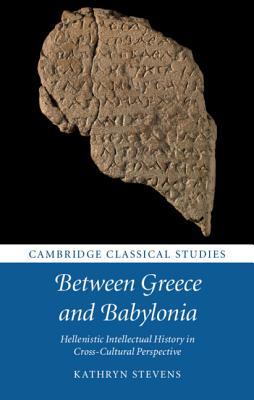
Between Greece and Babylonia
Hellenistic Intellectual History in Cross-Cultural Perspective
2019
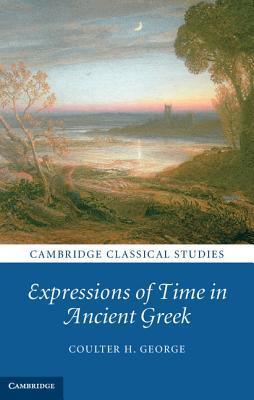
Expressions of Time in Ancient Greek
2014
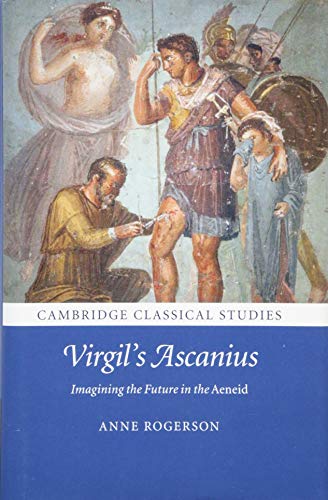
Virgil's Ascanius
Imagining the Future in the Aeneid
2017
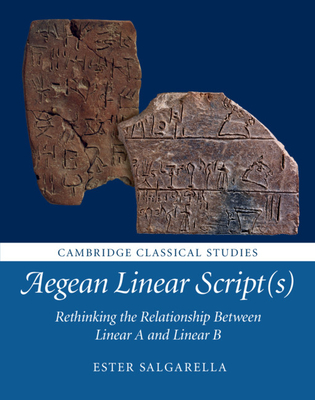
Aegean Linear Script(s)
Rethinking the Relationship Between Linear A and Linear B
2020
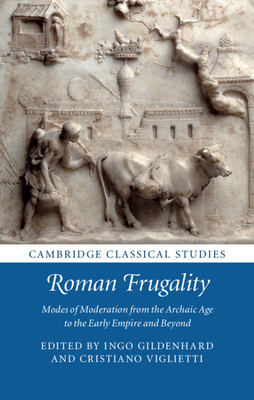
Roman Frugality
Modes of Moderation from the Archaic Age to the Early Empire and Beyond
2020
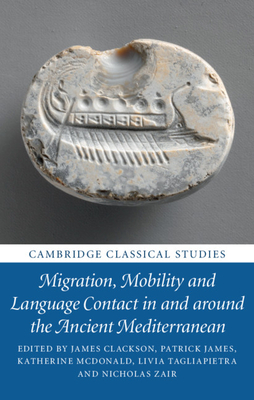
Migration, Mobility and Language Contact in and around the Ancient Mediterranean
2020
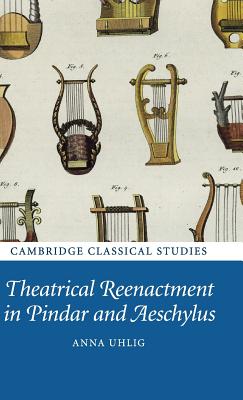
Theatrical Reenactment in Pindar and Aeschylus
2019
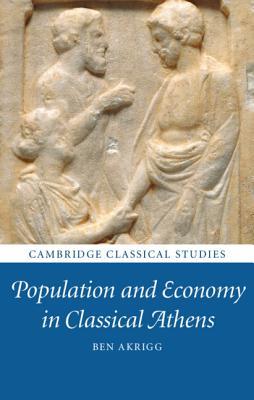
Population and Economy in Classical Athens
2019
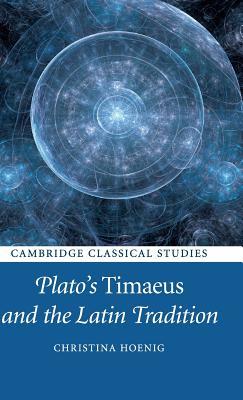
Plato's Timaeus and the Latin Tradition
2018
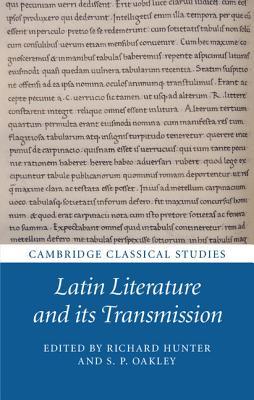
Latin Literature and its Transmission
2015
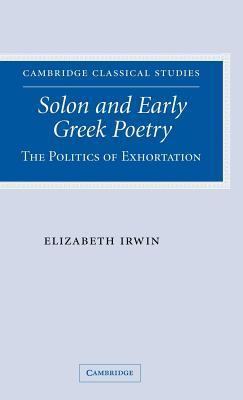
Solon and Early Greek Poetry
The Politics of Exhortation
2005

Listening to the Cicadas
A Study of Plato's Phaedrus
1987
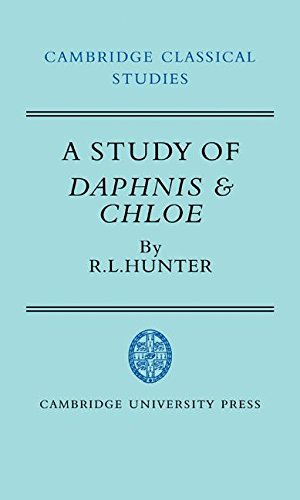
A Study of Daphnis and Chloe
1983
Authors
Books can be attributed to "Unknown" when the author or editor (as applicable) is not known and cannot be discovered. If at all possible, list at least one actual author or editor for a book instead of using "Unknown". Books whose authorship is purposefully withheld should be attributed instead to Anonymous.


Morris Keith Hopkins was a British historian and sociologist. He was professor of ancient history at the University of Cambridge from 1985 to 2000. Hopkins had a relatively unconventional route to the Cambridge professorship. After Brentwood School, he graduated in classics at King's College, Cambridge in 1958. He spent time as a graduate student, much influenced by Moses Finley, but left before completing his doctorate for an assistant lectureship in sociology at the University of Leicester (1961–63). He returned to Cambridge as a research fellow at King's College, Cambridge (1963–67) while at the same time taking a lectureship at the London School of Economics, before spending two years as professor of sociology at Hong Kong University (1967–69) After a further two years at the LSE (1970–72), he moved to Brunel University as professor of sociology in 1972, also serving as dean of the social sciences faculty from 1981 to 1985. In 1985 he was elected to the Cambridge chair in ancient history. The fullest account of his career and significance as an ancient historian is in his British Academy necrology (W.V. Harris, Proceedings of the British Academy 130 (2005), 3–27).
